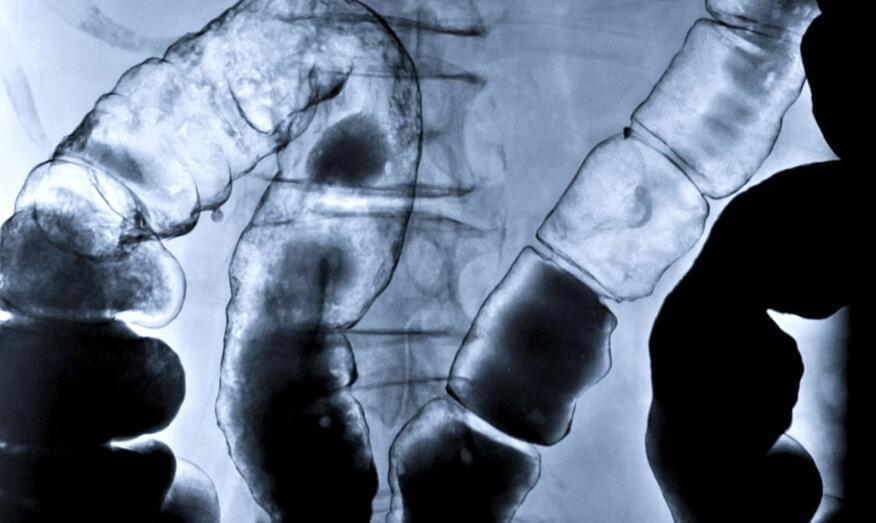The organoids can be used to study the development of diseases and the effects of drugs.
Michael Helmrath, a pediatric surgeon at Cincinnati Children’s Hospital Medical Center, and his colleagues made headlines last week when they revealed trials where they had transplanted balls of human intestinal tissue into mice, according to a report by *Wired* published on Thursday.
After a few weeks, these transplants developed key features of the human immune system, introducing a model that could be used to effectively simulate the human intestinal system.
It’s not the first time researchers at Cincinnati Children’s make such an advancement in organoids (miniature replicas of human organs). In 2010, the institution became the first in the world to create a working intestinal organoid. ## Containing human cells
Since organoids contain human cells and exhibit some of the same structures and functions as real organs, scientists everywhere are using them to study how organs develop, how diseases occur and how drugs work.
“It’s incredibly important that when we are trying to create these platforms for testing drug efficacy and drug side effects in human tissue models that we actually make sure that we are as close to, and as complete as, the tissue in which the drug will work eventually in our human body. So, adding the immune system is an important part of that,” told *Wired* Pradipta Ghosh, director of the Humanoid Center of Research Excellence at the University of California San Diego School, which is engineering human organoids to test drugs. Ghosh was not part of the new study.
Helmrath and his team started with induced pluripotent stem cells, which can turn into any type of body tissue, and fed them a specific molecular cocktail to coax them into transforming into intestinal cells. They ended up with some organoid spheres that the team then carefully transplanted into mice.
